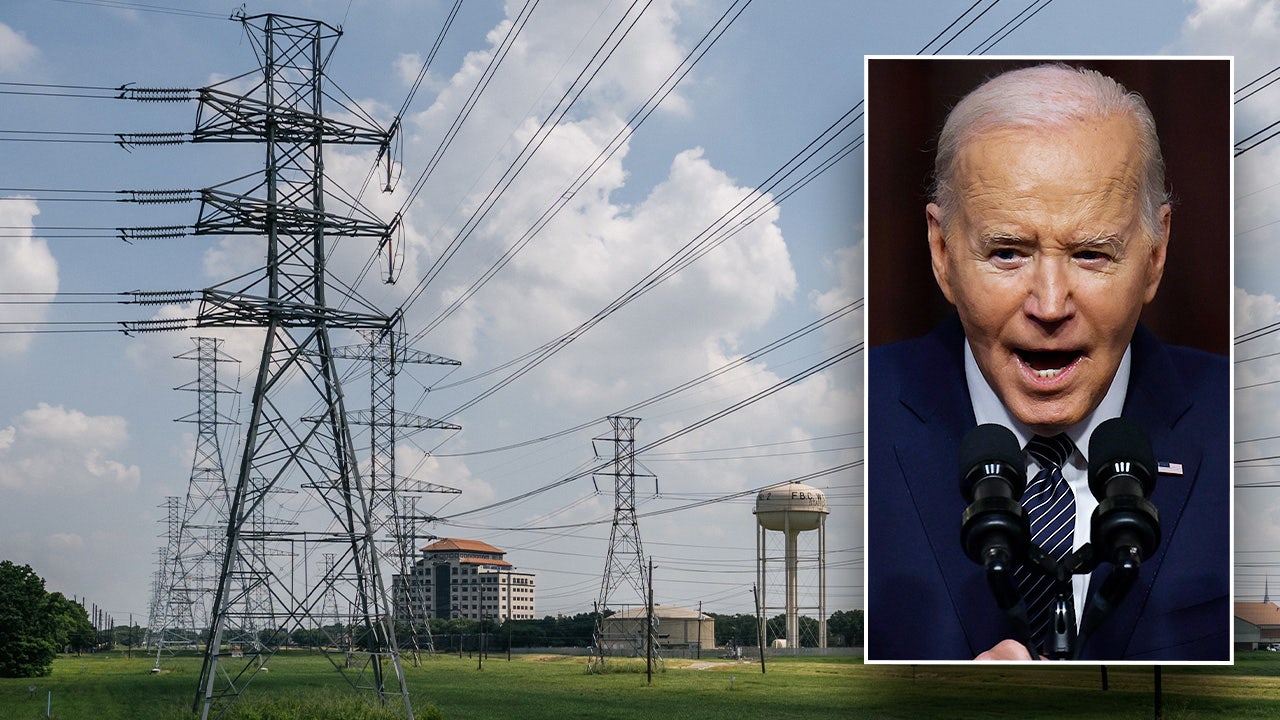World
Opposition parties dominate Thailand’s general election

Thailand’s progressive opposition was well ahead with nearly all ballots counted, Election Commission data showed on Monday, delivering a heavy defeat to conservative parties allied with the military for nearly a decade.
With 97 percent of polling stations counted, the progressive Move Forward Party (MFP) had 13.5 million ballots in the popular vote, ahead of rival opposition outfit Pheu Thai on 10.3 million, with the United Thai Nation party of Prime Minister Prayut Chan-O-Cha on 4.5 million.
The MFP, a youth-led progressive party formed in 2020, was on track to win 115 constituency seats, and had a 33 percent share of the seats allocated in the separate nationwide ballot.
Pheu Thai (For Thais), the opposition party linked to the billionaire Shinawatra family, looked set to win 112 constituency seats and 25 percent of party-list seats.
The United Thai Nation Party of Prime Minister Prayuth Chan-ocha, who first came to power in a 2014 coup, was expected to win 25 of the constituency seats and 10 percent of the party-list seats.
In Sunday’s election, 500 lower house seats are up for grabs, 400 of which are directly elected constituency seats. The rest are allocated according to a system of proportional representation.
‘We can work together’
Pheu Thai leader Paetongtarn Shinawatra offered congratulations to MFP on their election success, saying the party with the most votes will get to lead the next government.
“We are ready to talk to Move Forward, but we are waiting for the official result,” she told reporters in Bangkok.
“I’m happy for them,” she added. “We can work together.”
MFP saw a late-stage surge in opinion polls and was banking on young people – including 3.3 million first-time voters – turning out in force to back its liberal agenda, including plans to dismantle monopolies, weaken the military’s political role and amend a strict law on royal insults that critics say is used to stifle dissent.
As the results trickled in, they showed that the progressive party was doing much better than expected.
“Before the election, I was hoping we would get about 100 seats,” says supporter Phisit Krairot, a 33-year-old engineer who joined the gathering at MFP’s campaign headquarters in Bangkok. “But the real-time updates I am seeing today exceed my expectations already.”
The election is the first in the country since a youth-led uprising in 2020 that broke long-held taboos by calling for curbs on the powers of King Maha Vajiralongkorn, as well as an end to a near-decade of military-backed rule.
The expected changes show a large chunk of the public want radical reforms to the monarchy and military – something MFP has promised – including amending Thailand’s strict lese-majeste laws.
The lese-majeste laws, which forbid the insult of the monarchy, have been increasingly enforced since the 2014 coup. The vaguely-worded Article 112 carries a penalty of 15 years in jail and rights groups say it has been used to punish political activism.
Pheu Thai, which is aligned with self-exiled billionaire Thaksin Shinawatra, whose removal in a coup in 2006 set off Thailand’s political turmoil, remains hugely popular among working-class Thai people. Despite Thaksin’s fall, parties linked to the telecoms tycoon have won every election since, including twice in landslides.
Pheu Thai has been banking on nostalgia for its cheap healthcare, community loans and raft of subsidies sweeping it back to power after three of its four governments were toppled. The party has declined to commit to amending the lese-majeste laws, saying they would instead table it in parliament.
But in a kingdom where coups and court orders have often trumped the ballot box, fears persist that the military could seek to cling on, raising the prospect of fresh instability.
Opposition gains would bring no guarantees that either party would govern, however, even as an alliance, due to the military government-scripted 2017 constitution skewed in its favour.
Electing a prime minister and forming a government requires the backing of a majority of the lower and upper houses combined, and analysts expect weeks of horse-trading before alliances are formed and a prime minister is chosen.
Parties must have at least 25 seats to nominate a candidate, who needs 376 votes across the two houses to become prime minister.
The Senate was appointed by the military government and is expected to vote in favour of parties or blocs allied with the military.
Therefore, analysts say Prayuth’s return as prime minister, despite his party’s dismal standing in the polls, cannot be ruled out. After all, it was the same Senate that unanimously helped elect Prayuth to the post in 2019 as the head of a 19-party coalition.
The Election Commission is not expected to officially confirm the final number of seats won by each party for several weeks.

World
Law & Order: Organized Crime Nears Move to Peacock for Season 5

ad
World
Russia may downgrade relations with US if its assets are confiscated, deputy foreign minister says
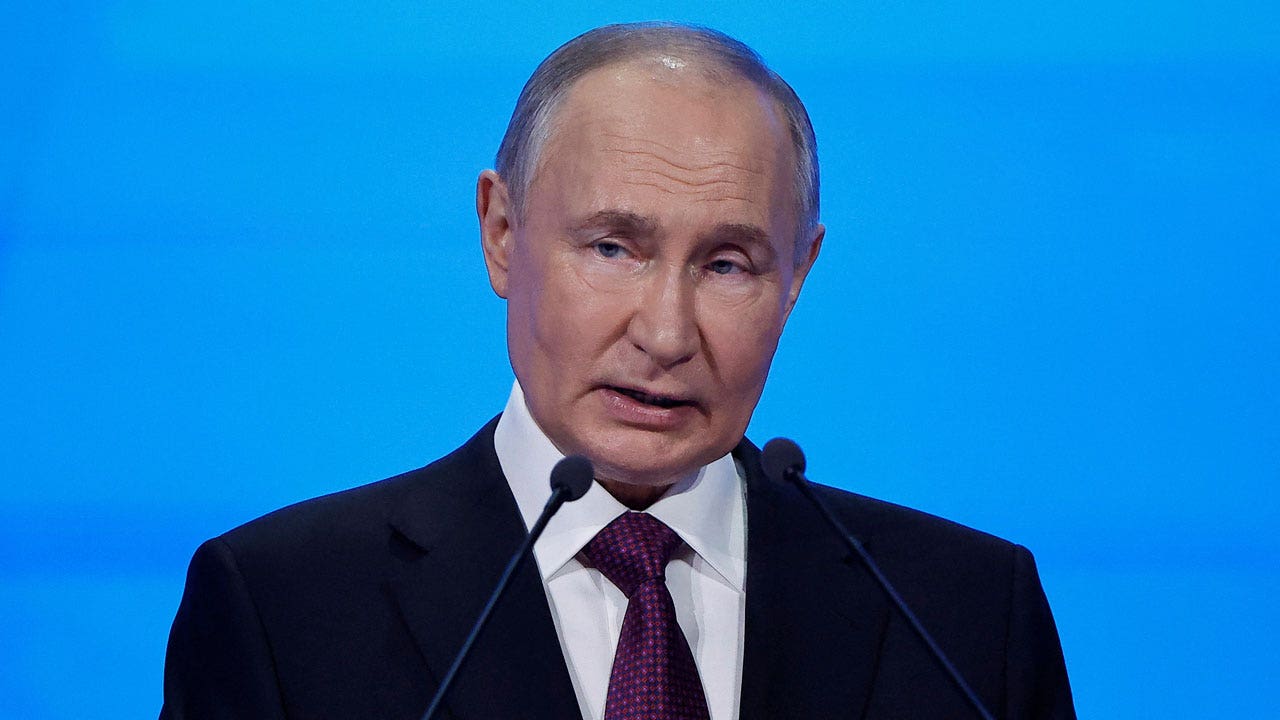
Russia is considering downgrading the level of its diplomatic relations with the United States if Western governments go ahead with proposals to confiscate its frozen assets, state news agency RIA quoted Deputy Foreign Minister Sergei Ryabkov as saying on Thursday.
The G7 group of nations are looking to use nearly $300 billion worth of Russian financial assets frozen by sanctions since 2022 to help support Ukraine, which is now in its third year of fighting a Russian invasion.
How it would be done remains highly complex, however, given it would set a controversial precedent.
RUSSIA HAS GROUNDS TO SEIZE WESTERN ASSETS AFTER US LEGISLATIVE MOVE, TOP LAWMAKER SAYS
Ryabkov said Moscow would retaliate economically and politically if the assets were seized.
Russian President Vladimir Putin speaks at the Congress of the Russian Union of Industrialists and Entrepreneurs in Moscow, Russia April 25, 2024. (Reuters/Evgenia Novozhenina)
“Lowering the level of diplomatic relations is one of the options, of course. Many high-ranking representatives in our government have already spoken about the issues of our financial, economic and material response to this step (confiscation), which we are warning our opponents, as before, not to take,” RIA quoted him as saying.
“We are now studying the optimal form of reaction, where countermeasures include actions against the assets of our Western opponents as well as diplomatic response measures.”
He did not spell out what lowering the level of diplomatic relations might entail. The Kremlin has characterised the current state of ties with the United States as “below zero”, although no formal downgrade of relations has occurred since the Ukraine war began.
World
Haiti Prime Minister Ariel Henry resigns, transitional council takes power

Haiti enters a new phase aimed at stemming its spiralling political and security crisis, but the future is uncertain.
Haitian Prime Minister Ariel Henry has resigned, paving the way for a transitional council to lead the embattled country.
In a letter posted to social media on Thursday, Henry said his administration had “served the nation in difficult times”. The letter was dated Wednesday.
The transitional council was officially installed on Thursday. The outgoing cabinet said that, pending the formation of a new government, Economy Minister Michel Patrick Boisvert has been appointed as interim prime minister.
An alliance of the country’s powerful gangs began a coordinated attack on the capital city of Port-au-Prince at the end of February. That coincided with Henry’s visit to Kenya in support of a United Nations-backed security force that the East African country had agreed to deploy to Haiti.
Amid the violence, Ariel agreed to resign last month and has not returned to Haiti. CBS News has reported that he has been protected by the United States Secret Service while abroad.
The nine-member transitional council, where seven members will have voting powers, is expected to help set the agenda of a new cabinet. It will also appoint a provisional electoral commission, which will be required before elections planned for 2026 can take place. They are also set to establish a national security council.
While gang leaders had called on Henry to resign, they voiced anger over their exclusion from transitional negotiations, and it remains unclear how they will respond to the new council.
For its part, the international community has urged the council to prioritise Haiti’s widespread insecurity.
Before the latest attacks began, gangs had already controlled 80 percent of Port-au-Prince. The number of Haitians killed in early 2024 increased by more than 50 percent compared with the same period last year, according to a recent United Nations report.
Meanwhile, about 360,000 Haitians remain internally displaced, with gang violence forcing 95,000 people to flee the capital and pushing five million into “acute hunger”, according to the UN.
Henry was never directly elected. Instead, he was chosen for the prime minister post by Haitian President Jovenel Moise shortly before Moise was assassinated in 2021, and came to power with the backing of the US and other Western countries.
But many rights observers have been wary about what comes next in a country that has seen decades of spiralling crises fuelled by corrupt leaders, failed state institutions, poverty, gang violence, and an international community, led by the US, whose interventions in domestic politics are widely unpopular with Haitians.
As a result, many Haitians remain wary of any foreign involvement in Haiti today, saying that it will only add to the chaos. Nevertheless, several top human rights advocates have said Haitian national police are ill-equipped to stem the violence.
For its part, Kenya had paused its plans to deploy a security force to Haiti until the transitional council took power although it remains unclear if that is still the case.
-

 World1 week ago
World1 week agoIf not Ursula, then who? Seven in the wings for Commission top job
-

 Movie Reviews1 week ago
Movie Reviews1 week agoFilm Review: Season of Terror (1969) by Koji Wakamatsu
-

 Movie Reviews1 week ago
Movie Reviews1 week agoMovie Review: The American Society of Magical Negroes
-

 News1 week ago
News1 week agoGOP senators demand full trial in Mayorkas impeachment
-
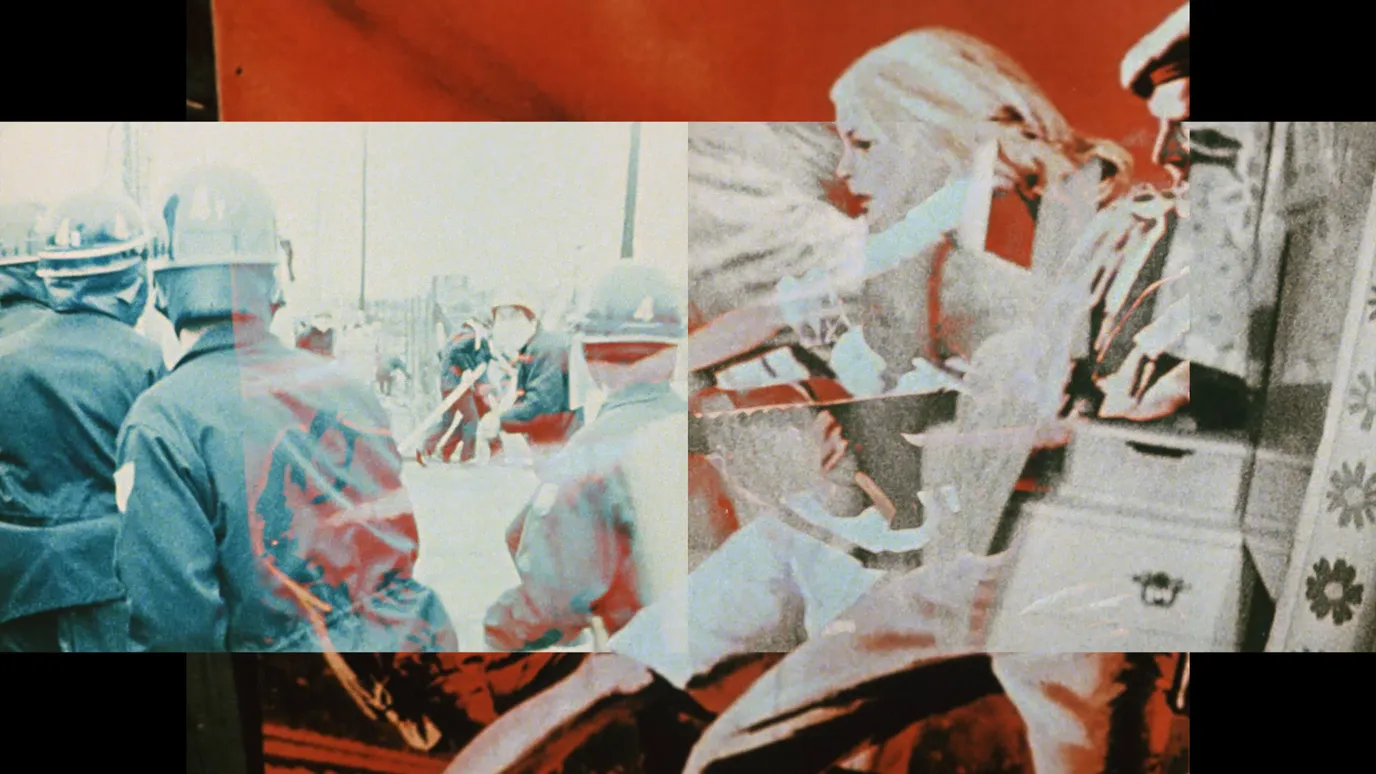
 Movie Reviews1 week ago
Movie Reviews1 week agoShort Film Review: For the Damaged Right Eye (1968) by Toshio Matsumoto
-

 World1 week ago
World1 week agoCroatians vote in election pitting the PM against the country’s president
-

 World1 week ago
World1 week ago'You are a criminal!' Heckler blasts von der Leyen's stance on Israel
-

 Politics1 week ago
Politics1 week agoTrump trial: Jury selection to resume in New York City for 3rd day in former president's trial

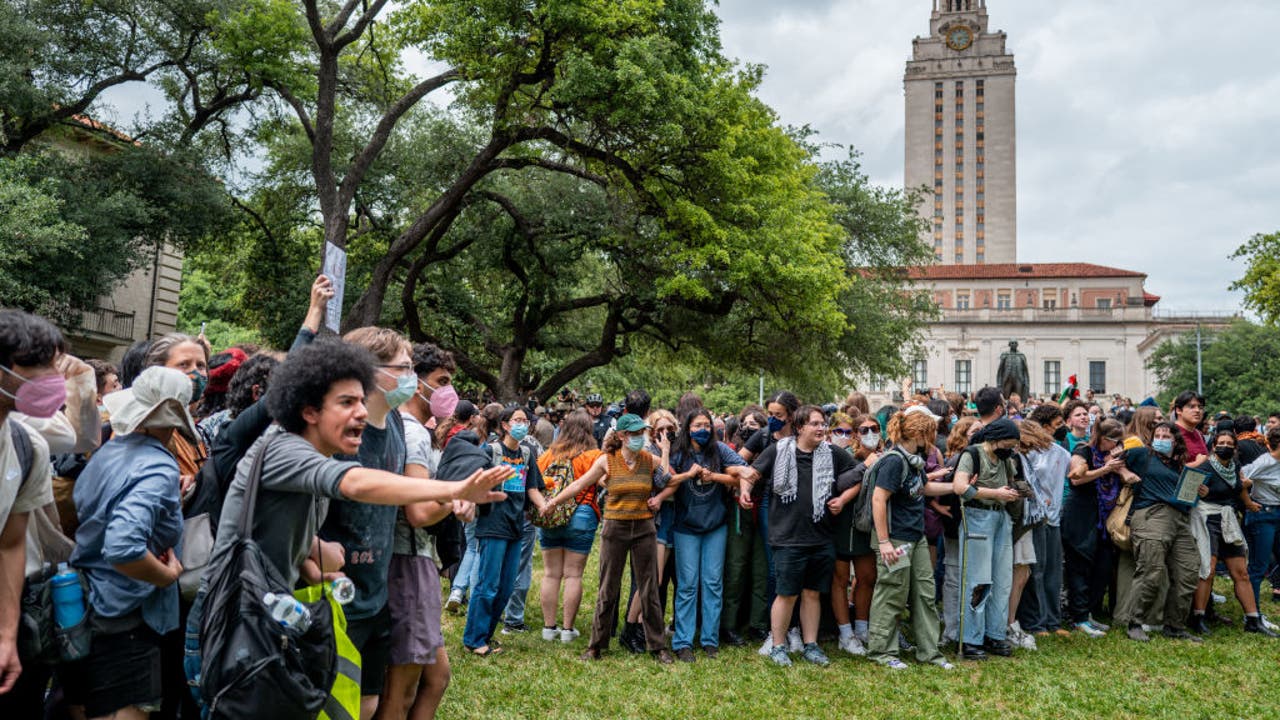

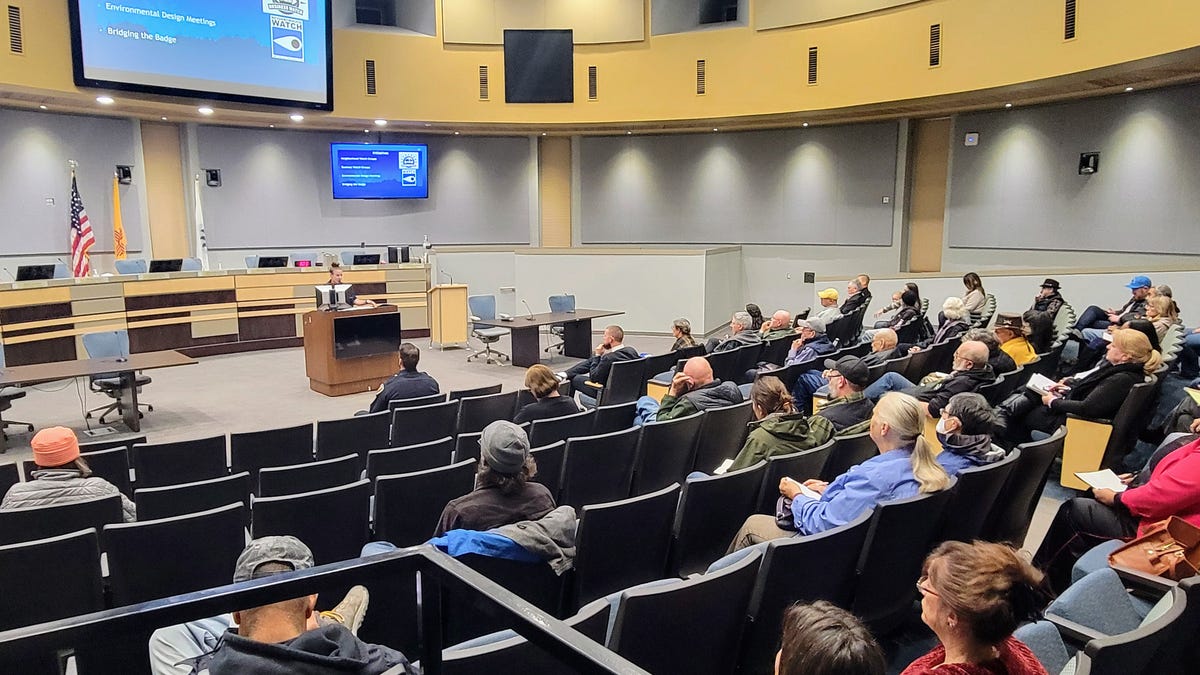
:focal(0x0:3000x2000)/static.texastribune.org/media/files/145abb4aabd8e5a67a98c612aa59639b/Crystal%20Mason%20LBS%20TT%2002.jpg)












